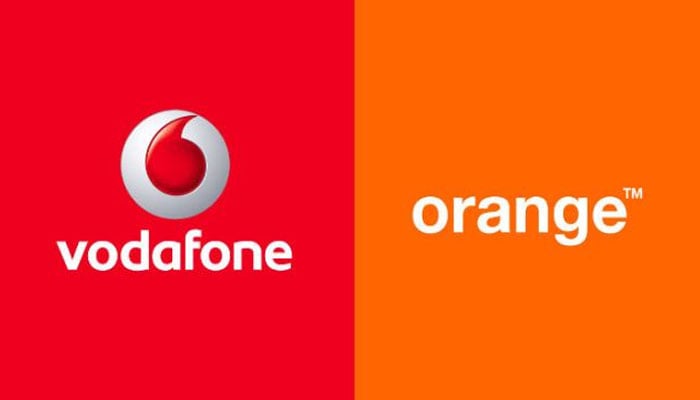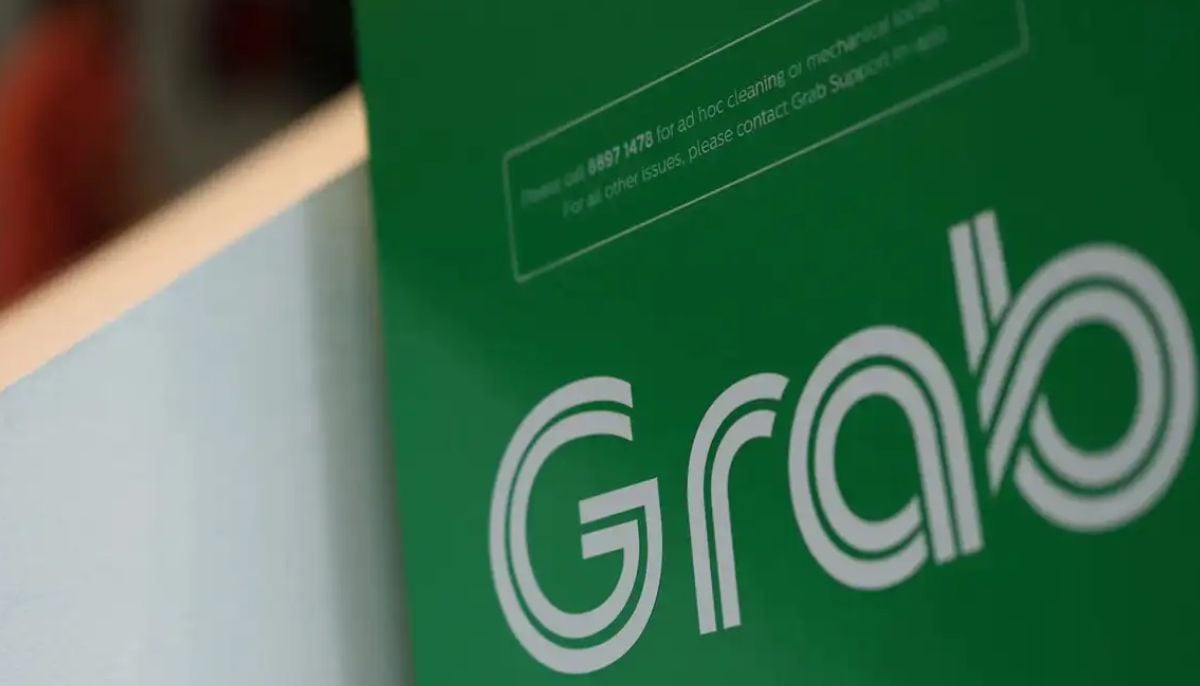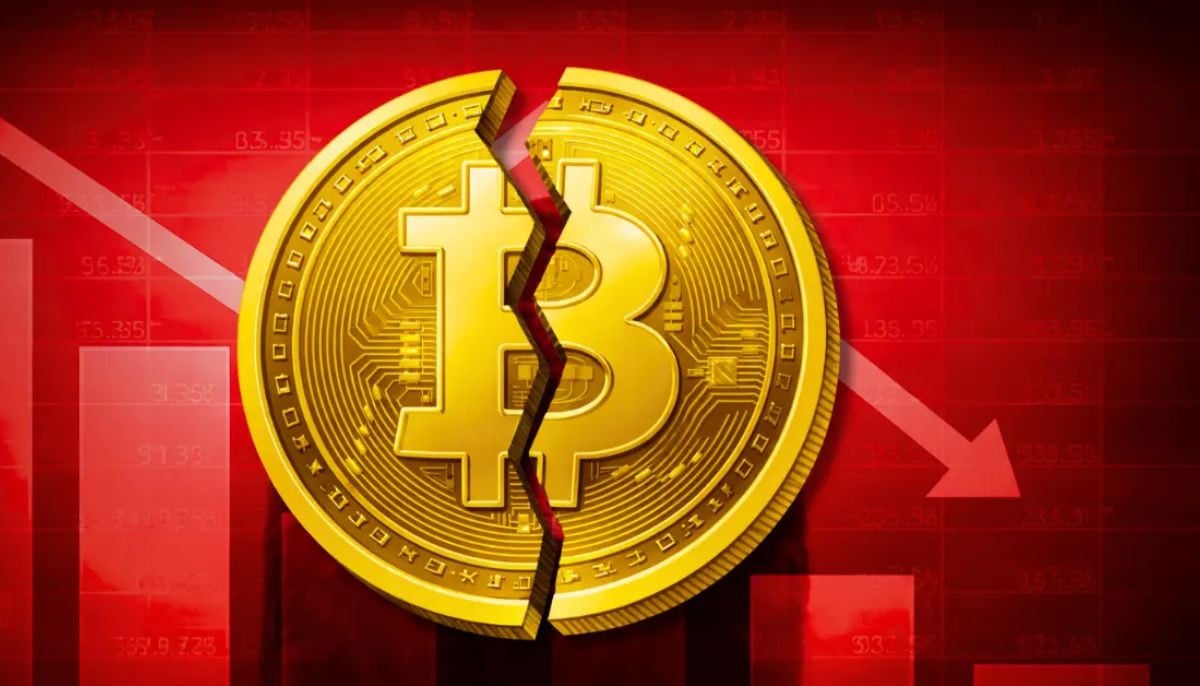Vodafone, Orange want European Union to make big tech pay
Vodafone and Orange said that they need more money to meet Europe's voracious data needs
The CEOs of European telecommunications companies, notably Orange and Vodafone, pushed the European Union (EU) to impose fees on tech and streaming corporations for the enormous amounts of bandwidth they consume.
The idea is not new but has ignited a fierce debate.
Telecom giants say that they need more money to maintain and update the infrastructure to meet Europe's voracious data needs and that it would be fairer if firms like Netflix contributed towards the cost.
But tech behemoths say telecoms companies already get money from customers, while digital rights activists fear making web giants pay would create a two-speed internet.
"Big tech companies pay today almost nothing for data transport in our networks, far from covering the costs needed to expand networks," a letter published by the European telecoms lobby group ETNO and signed by 20 CEOs said.
"A fair and proportionate contribution from the largest traffic generators towards the costs of network infrastructure should form the basis of a new approach," they said.
ETNO has previously named Apple, Amazon, Facebook, Microsoft, Google and Netflix as the major culprits.
The CEOs said the European Union estimated that at least 174 billion euros ($183 billion) of new investment is needed by 2030 to meet connectivity targets.
"The telecoms sector is currently not strong enough to meet that demand," said the CEOs, including Orange's Christel Heydemann and Telefonica's Jose Maria Alvarez-Pallete.
The European Commission launched a public consultation in February, inviting citizens, non-governmental organisations, and companies to make their submissions by May.
The EU´s executive arm is expected to make the results public before the end of 2023.
The idea of "fair contribution to telecommunication networks" is also divisive within the EU.
While earlier this year the European Parliament voiced support for the measure, not all of the EU's 27 member states are on board.
Many countries reportedly opposed such a levy on tech firms in June.
The Computer & Communications Industry Association (CCIA), one of the main tech lobbying groups, has repeatedly argued against the measure, warning that fees would have disastrous consequences for European consumers.
One of their main arguments is that customers would be forced to pay twice, first for internet access, and second through higher costs for streaming and cloud services.
Last year, 34 civil society organisations wrote in an open letter that any levy would go against Europe's rules on net neutrality, whereby telecoms firms are barred from selling faster internet speeds to particular companies.
-
Tesla expands Cybertruck lineup with affordable model in US, slashes Cyberbeast price to boost demand
-
Uber enters seven new European markets in major food-delivery expansion
-
Will Warner Bros finalize deal with Paramount or stays loyal with Netflix's offer?
-
$44 billion Bitcoin blunder: Bithumb exchange apologizes for accidental payout
-
Global memory chip crunch puts spotlight on Apple; Will iPhone become more pricey?
-
Bitcoin plummets toward $60,000 as investors dump risky bets
-
Bitcoin crashes below $63K as regulatory pressure and market fears grow
-
Bitwise Crypto Industry innovators ETF: What investors should do in 2026?












